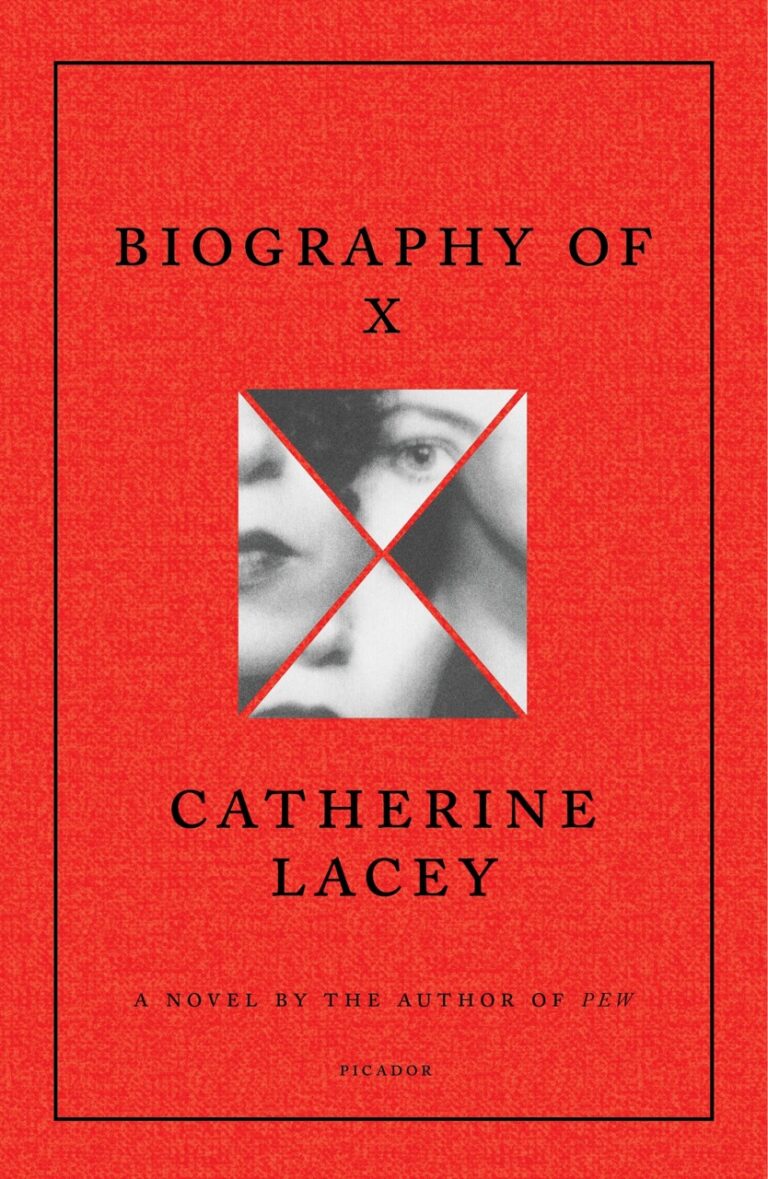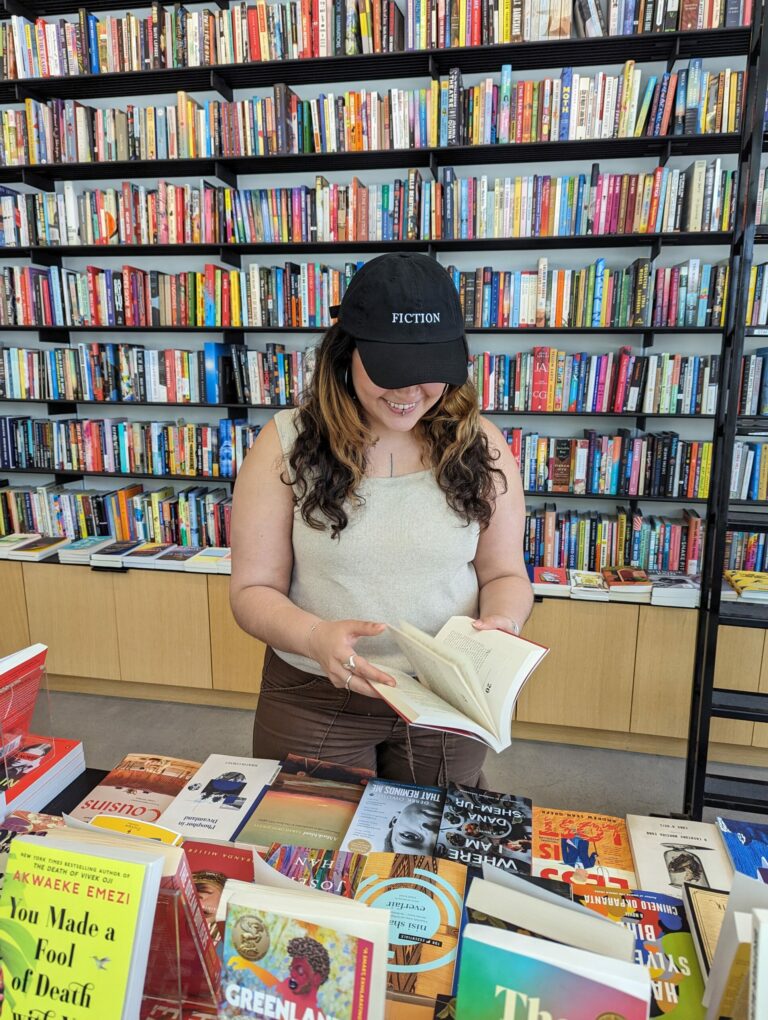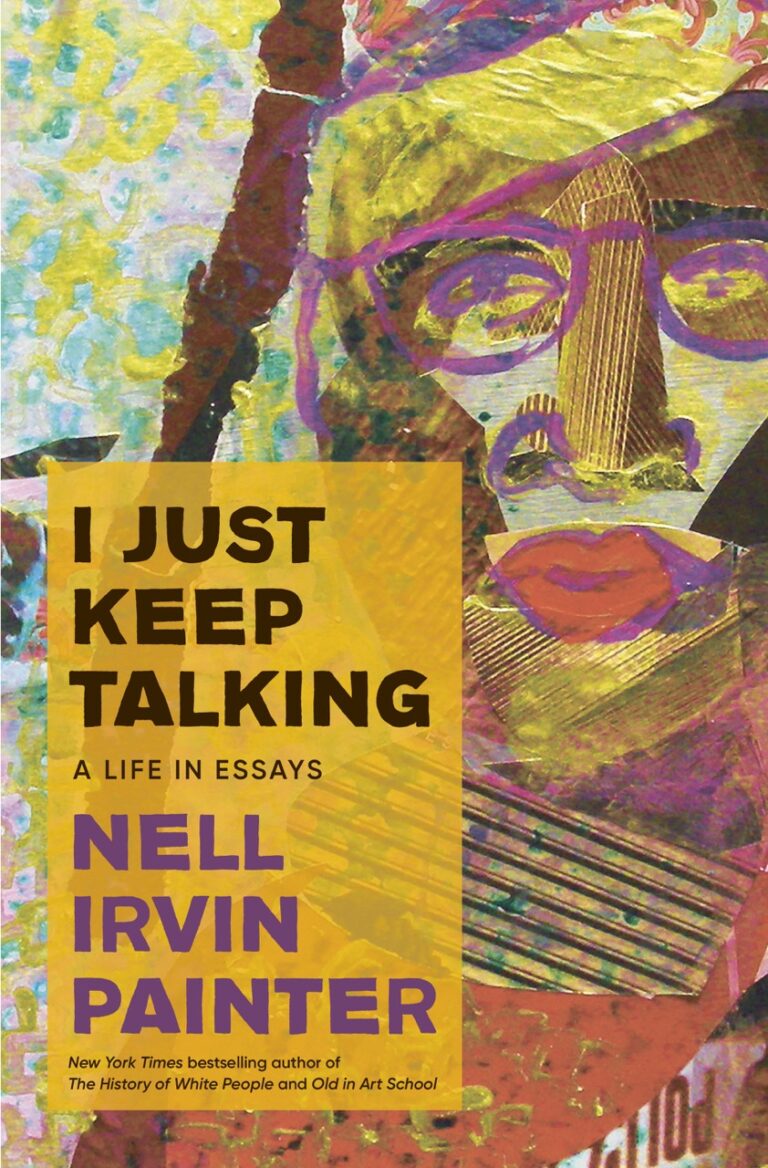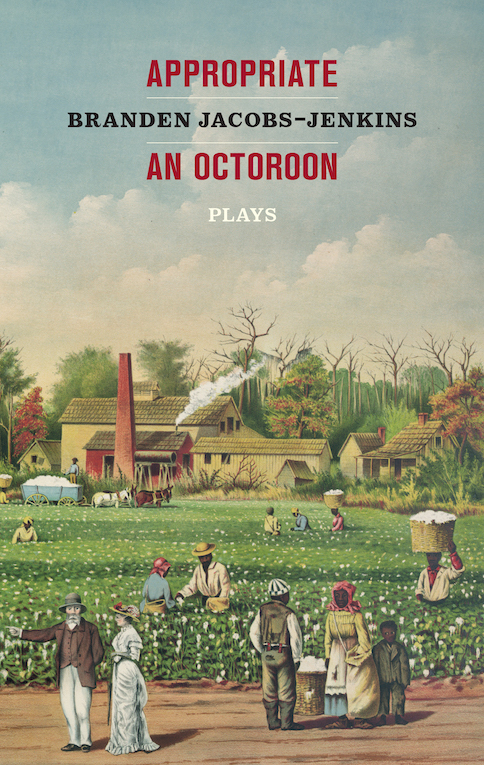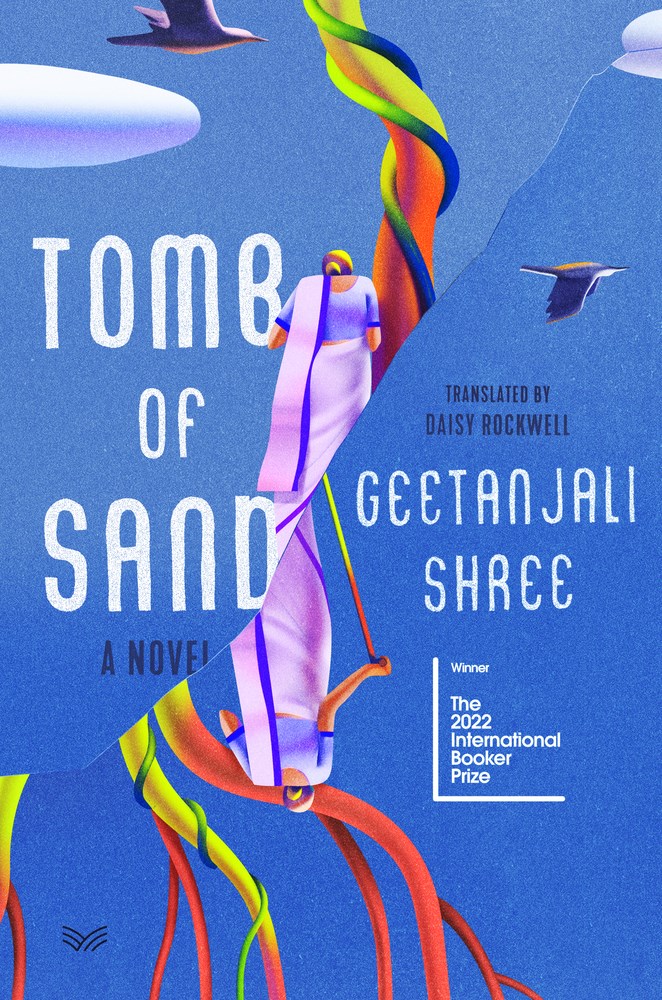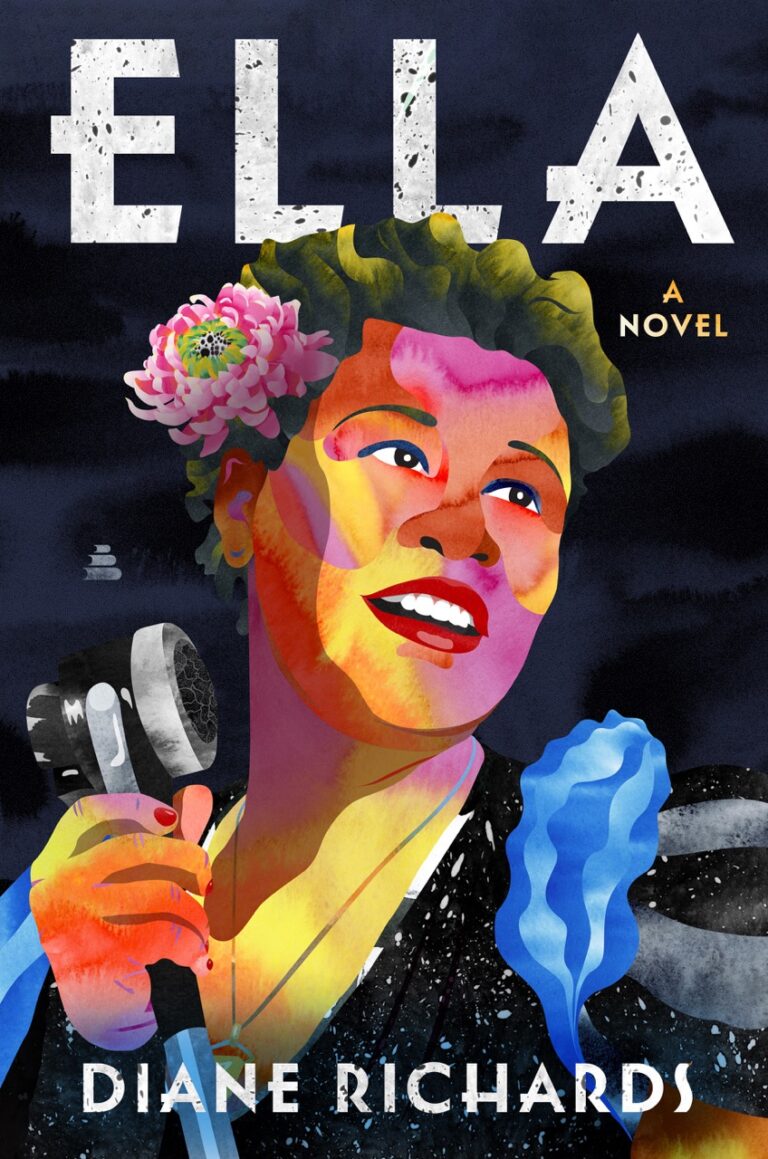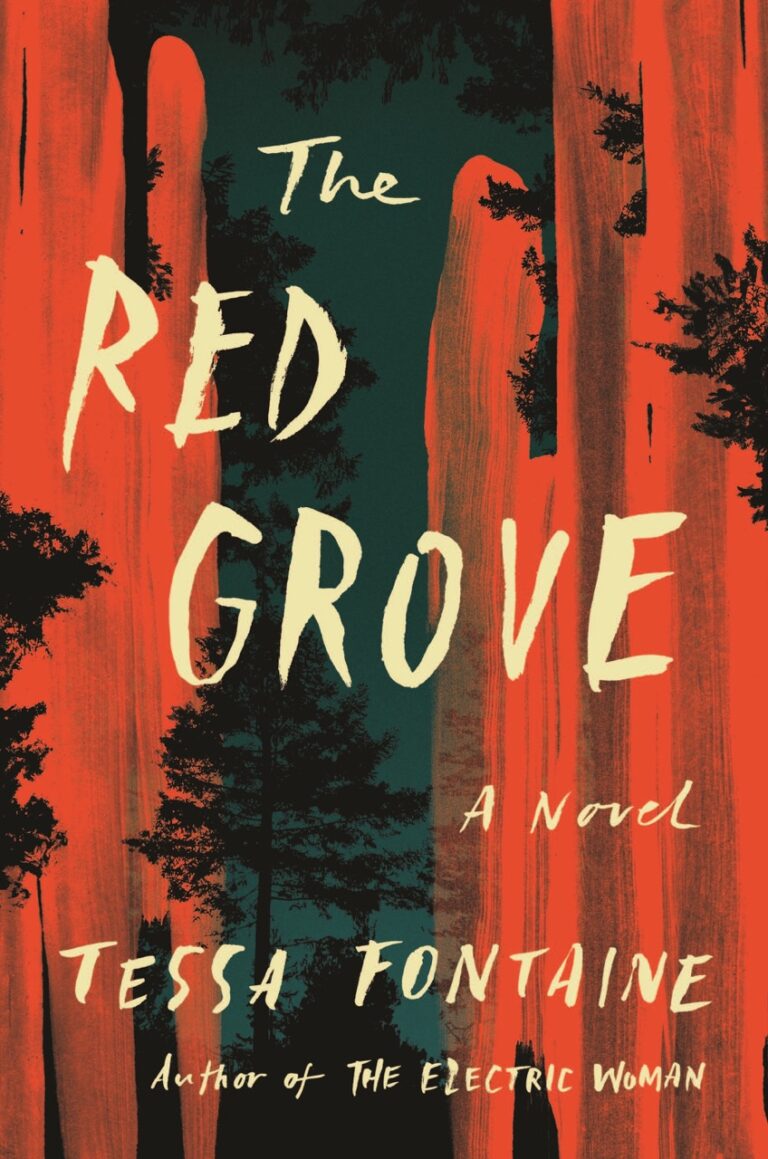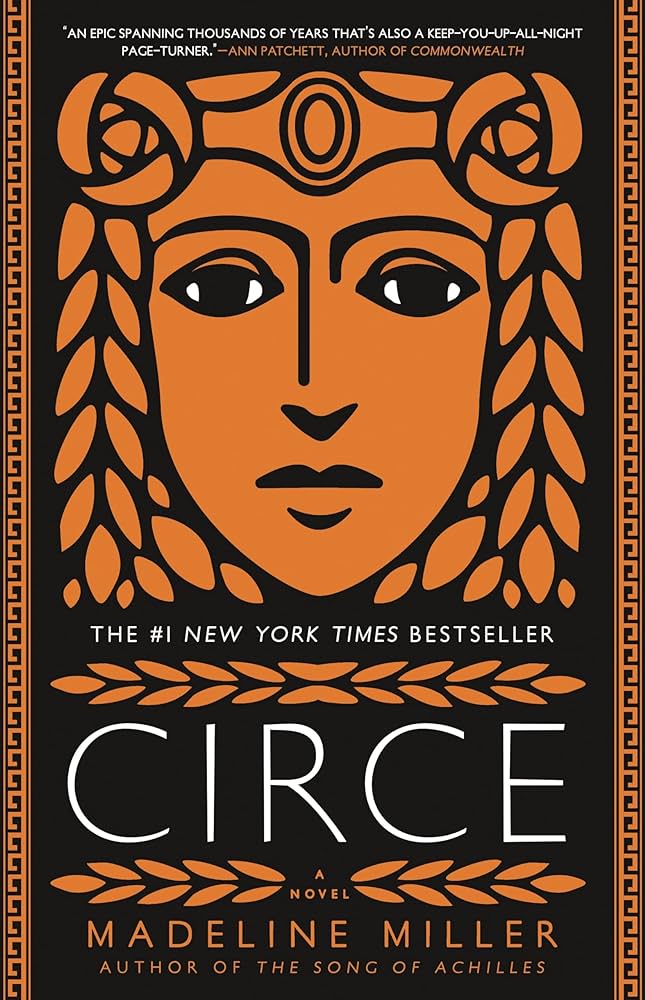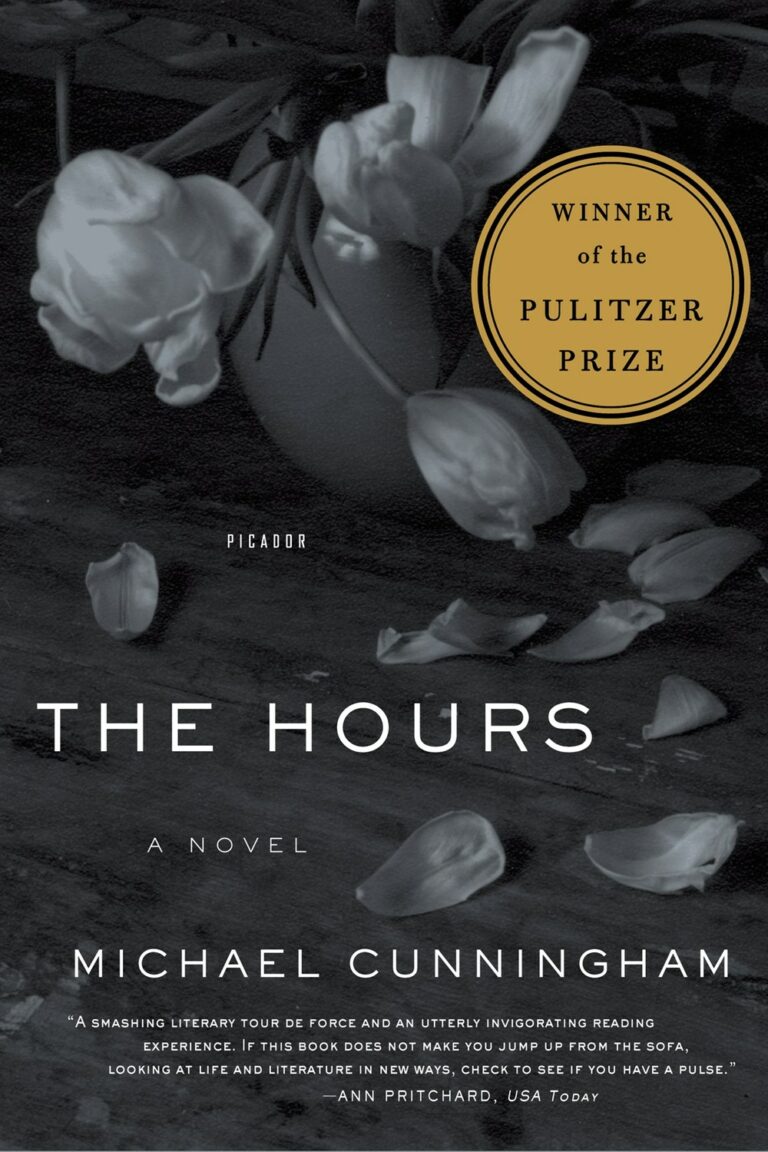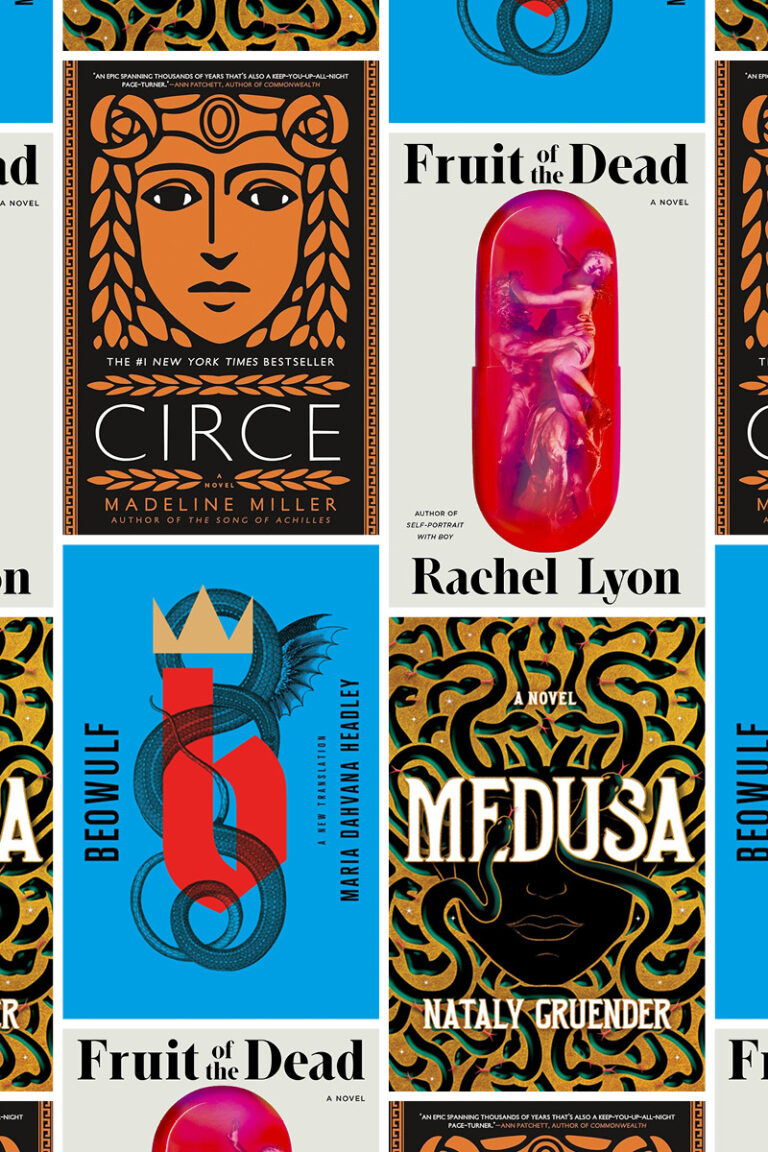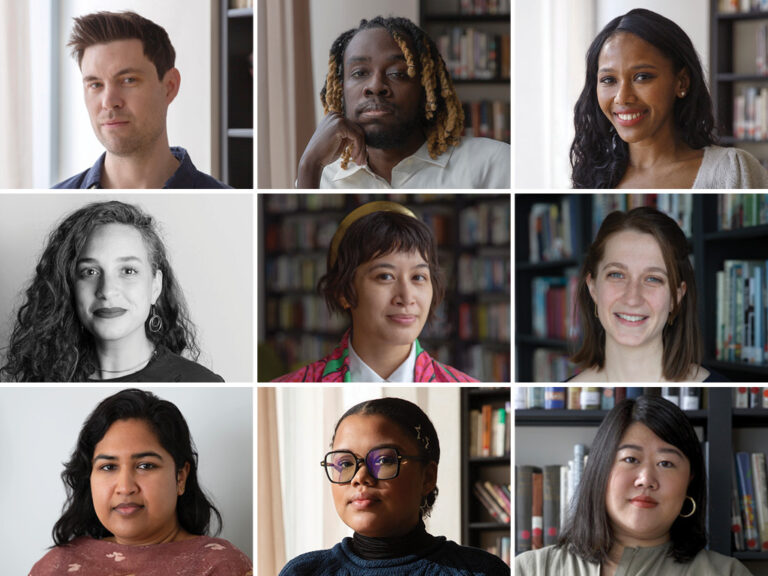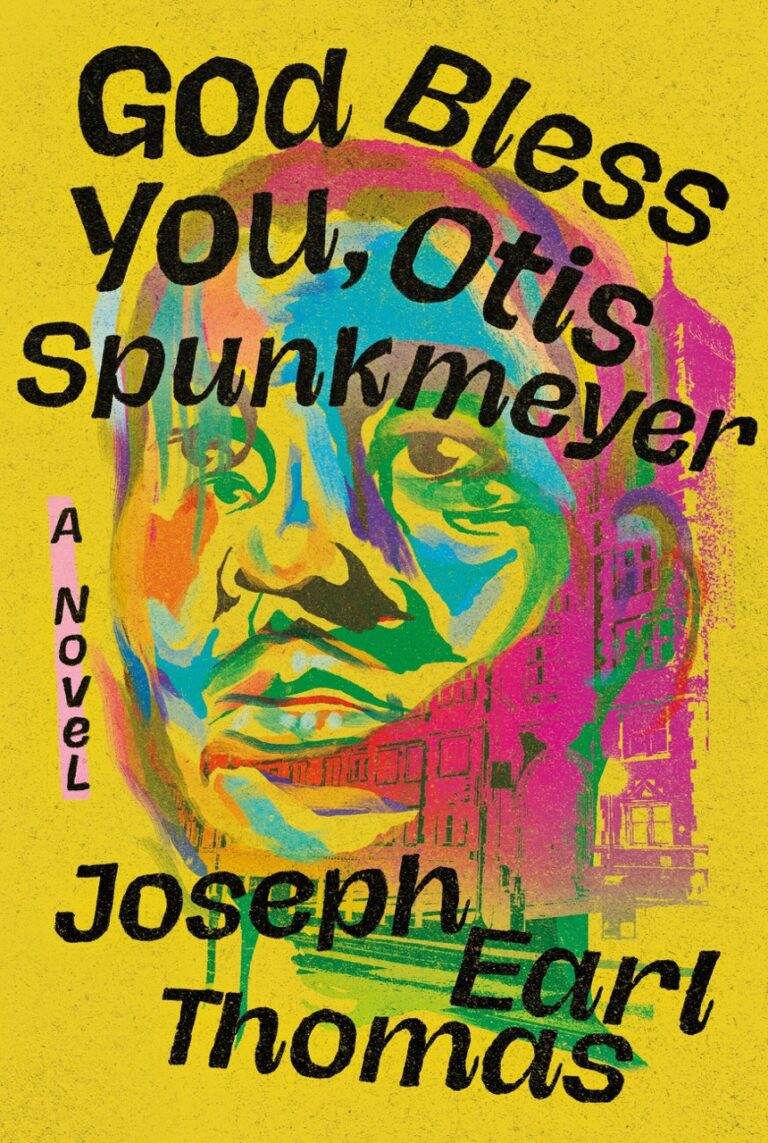Wednesday, 7:30 pm EDT April 28, 2021
Online via Zoom
Over the past 100 years, the number of Black farmers working the land throughout the United States has gone from one million to 45,000. In a new installment of our On America series, we’ll be honoring Black farmers, their land, and their legacy by celebrating the launch of Natalie Baszile’s impressive anthology We Are Each Other’s Harvest. The book examines the crisis of Black farming through first-person narratives of both seasoned farmers, who continue the legacy of their ancestors despite rampant land loss and systemic discrimination, and younger farmers just beginning, who view farming and land stewardship as a way to address food justice, reparations, and more.
Baszile will be joined in conversation by Marvin Frink and Melony Edwards, both first-generation farmers, as well as Clyde W. Ford (The Hero with an African Face), a prolific writer and recipient of the 2006 Zora Neal Hurston-Richard Wright Award in African American Fiction, and Michael Twitty, a food writer, independent scholar, culinary historian, and historical interpreter.
Thank you for supporting our nonprofit-run indie bookstore! Your purchase will help support our KidsRead programs for NYC Public Schools, Emerging Writer Fellowships, and public programming. Books purchased for events will begin shipping out the day after the event, unless otherwise noted. Please allow 1-3 weeks for your book(s) to arrive. Thank you for your patience.
If you have any questions about a shipment, send a note to our bookstore staff at [email protected].
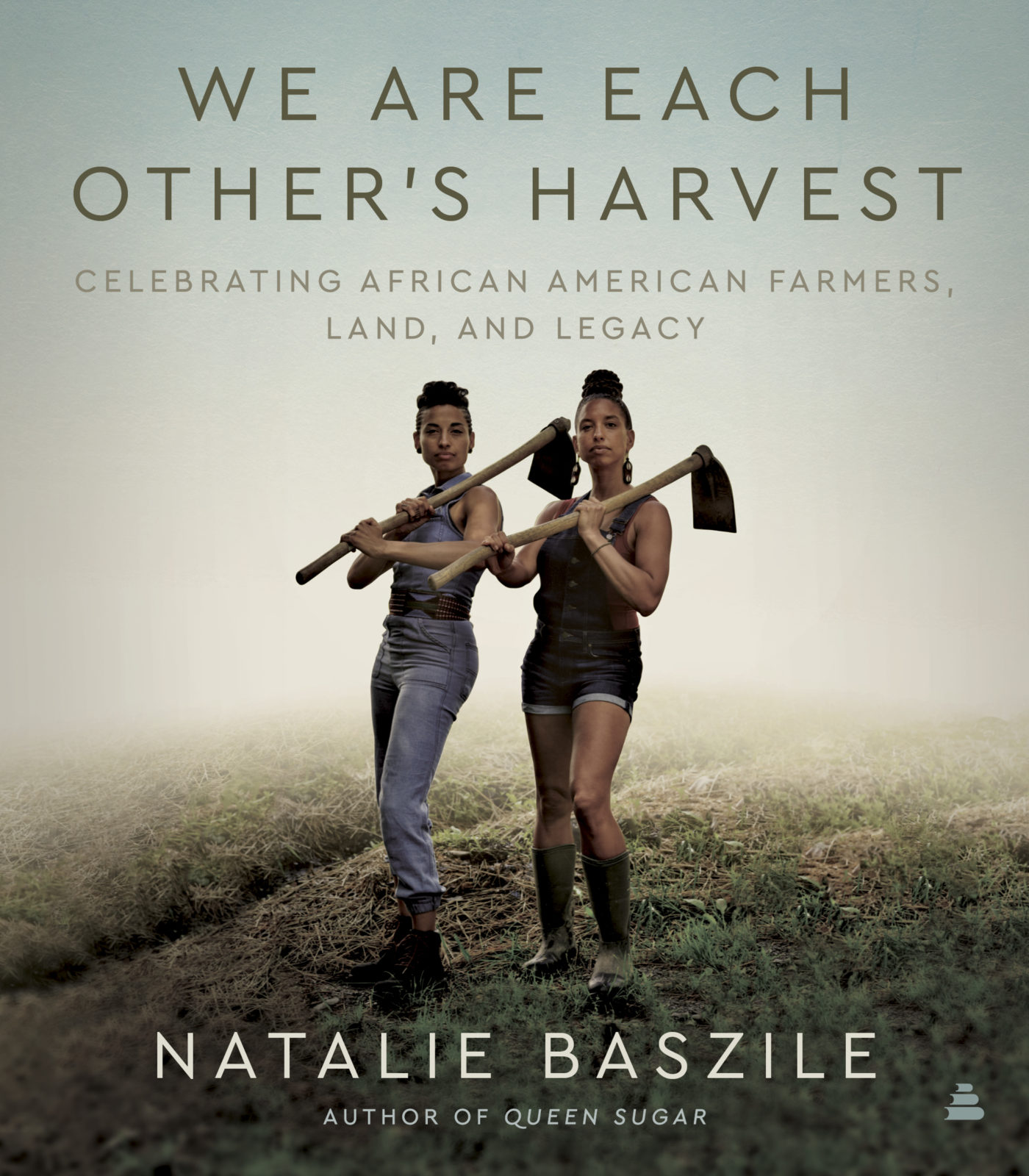
In Conversation
-
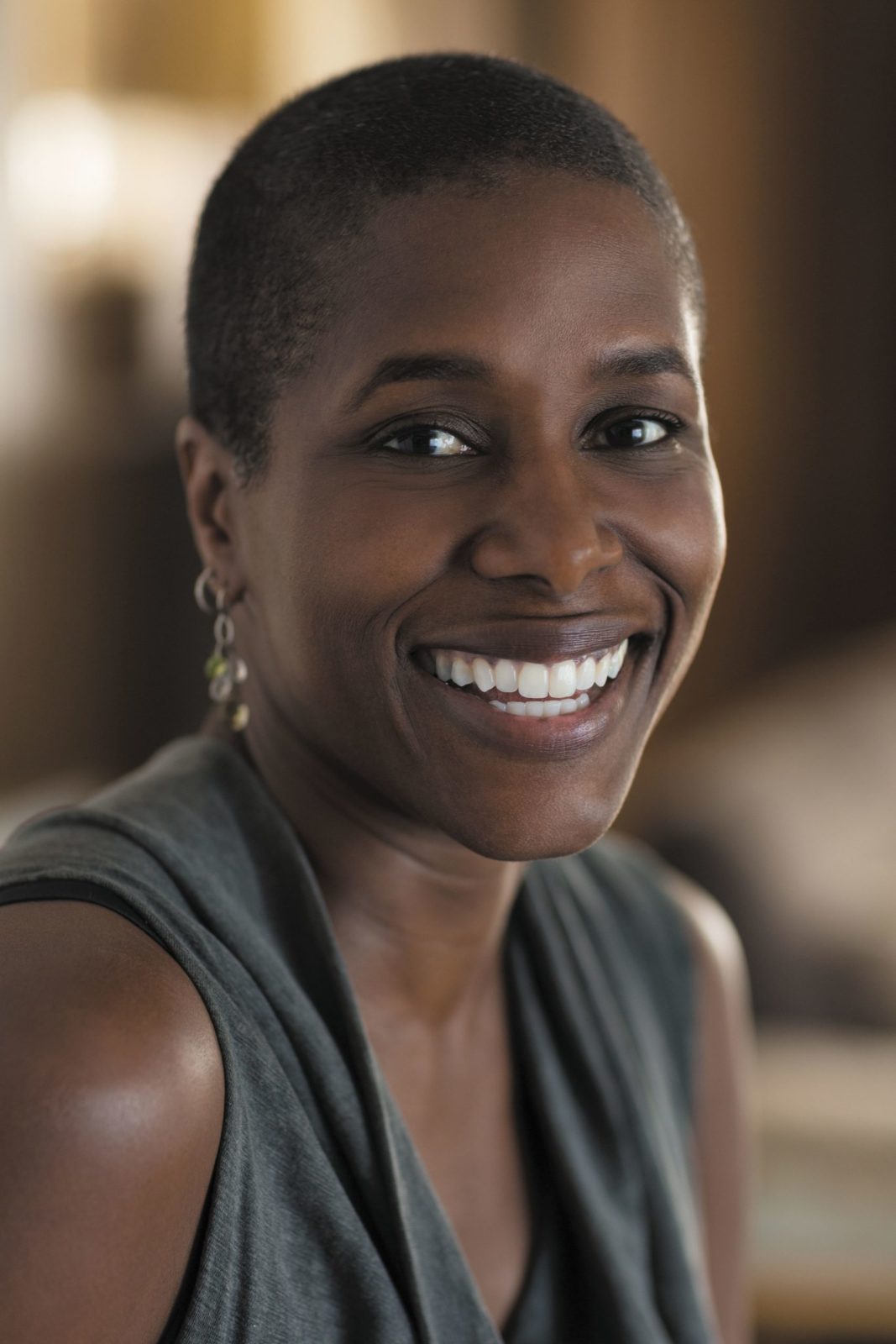
Natalie Baszile
Natalie Baszile
Natalie Baszile is the author of the novel Queen Sugar, which was a San Francisco Chronicle Best Book of 2014, longlisted for the Crooks Corner Southern Book Prize, nominated for an NAACP Image Award, and adapted for television by writer/director Ava DuVernay and co-produced by Oprah Winfrey for OWN. Baszile holds a M.A. in Afro-American Studies from UCLA and is a graduate of Warren Wilson College’s MFA Program for Writers. She lives in San Francisco.
-
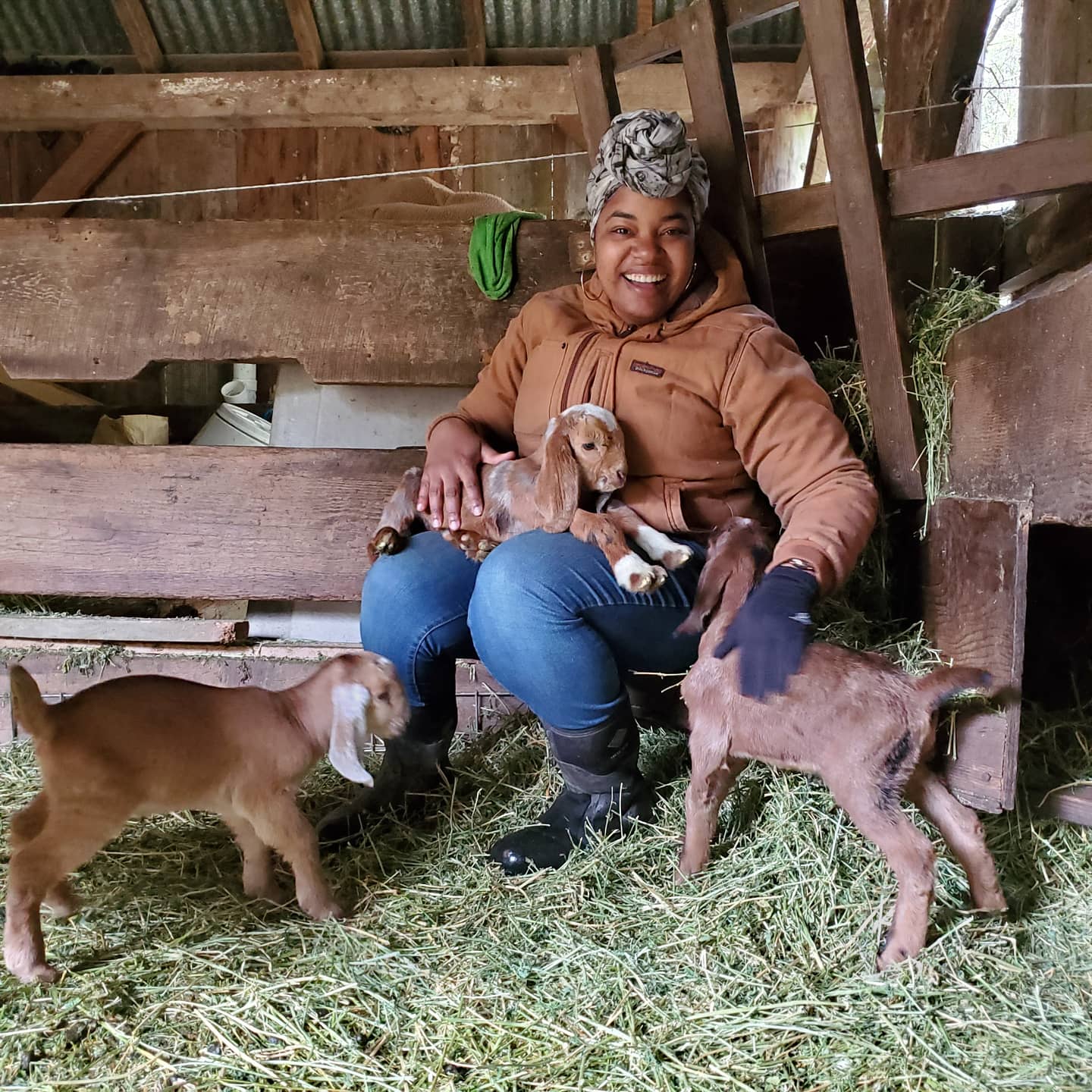
Melony Edwards
Melony Edwards
Melony Edwards is a first-generation farmer. Her ancestors left their agricultural past after emancipation, seeking a better life in the North away from the fields of sorrow that they had grown to know. They were part of what is known as the Great Migration.
Well over a century later, Melony Edwards began her journey to reclaim farming on her own terms. After completing degrees in culinary arts and hospitality, and working in all facets of foodservice, Edwards began wondering “where does our food come from? And why are there no visible Black farmers at the local farmers market?” Edwards found that gaining access to entry-level farming training in the rural landscape was exclusive, but she was determined to learn agricultural skills outside of her urban setting. Edwards’ journey landed her on a 20 acre mixed vegetable farm on rural Whidbey Island, WA where she immersed herself in small-scale agricultural practices. Edwards spent three years there advancing to Farm Manager. She then spent a season at Calypso Farm in Alaska and is now back in WA embarking on her own farming business focused on seed growing, natural dyeing and fiber arts.
-
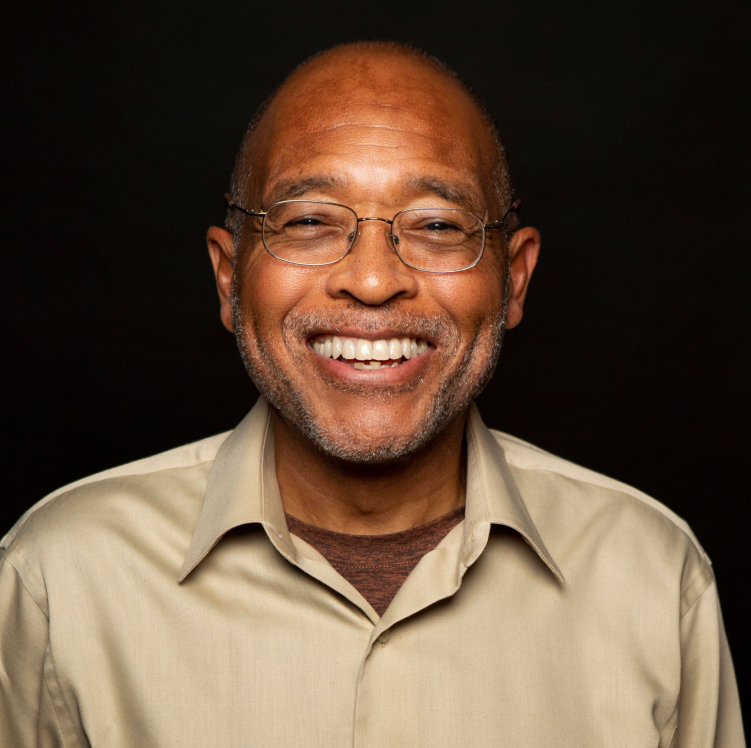
Clyde W. Ford
Clyde W. Ford
Clyde W. Ford is an award-winning author of 13 works of fiction and non-fiction. Born in New York City, he’s also a psychotherapist, mythologist, and sought-after public speaker. His book The Hero with an African Face garnered critical acclaim as “picking up where Joseph Campbell left off,” and it has been the basis of teaching African mythological concepts to Black screenwriters. Clyde’s the recipient of the 2006 Zora Neale Hurston-Richard Wright Award in African American Fiction and a finalist for the 2020 Hurston-Wright Award in Nonfiction, and numerous other awards. He’s been a featured guest on the Oprah Winfrey Show, National Public Radio, C-SPAN/BookTV, and numerous television and radio programs. Clyde’s written opinion columns for the Seattle Times, the Los Angeles Times, the Toronto Globe and Mail, and the History News Network. He’s an on-staff opinion columnist for Crosscut, the Pacific Northwest’s premier independent news magazine and also a speaking fellow for Humanities Washington, an NEH affiliate in the state. Clyde lives and works in Bellingham, Washington.
-
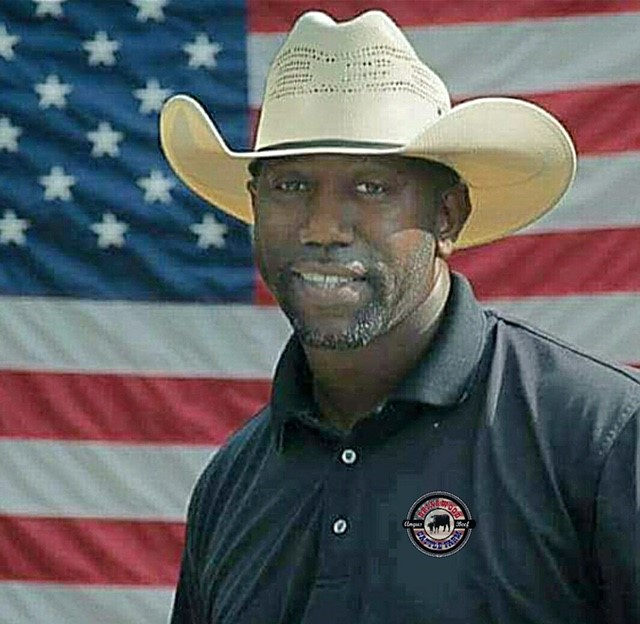
Marvin Frink
Marvin Frink
After graduating high school, Marvin Frink joined the military to provide for his family and to help serve his country. Dedicating 15 years of service, including deployment to fight for his country, Marvin found himself dealing with anxiety. His father noticed he was suffering with PTSD and introduced him to farming.
Using farming and working with the cattle on a daily basis helps with the transition from military life to civilian life. After the passing of his father, Marvin continued the dream his father had for him of becoming a cattleman.
Brairwood Cattle Farm is a first generation cattle farm owned and operated by veteran Marvin Frink and his lovely wife Tanisha Frink. After serving honorably in the U.S. Army, his father (the late Reverend Kirby Frink) saw that Marvin was suffering from PTSD and knew that farming and raising cattle would help. Living out his father’s wishes, Marvin is now grazing a good healthy herd of Black Angus cattle near Raeford, North Carolina.
-
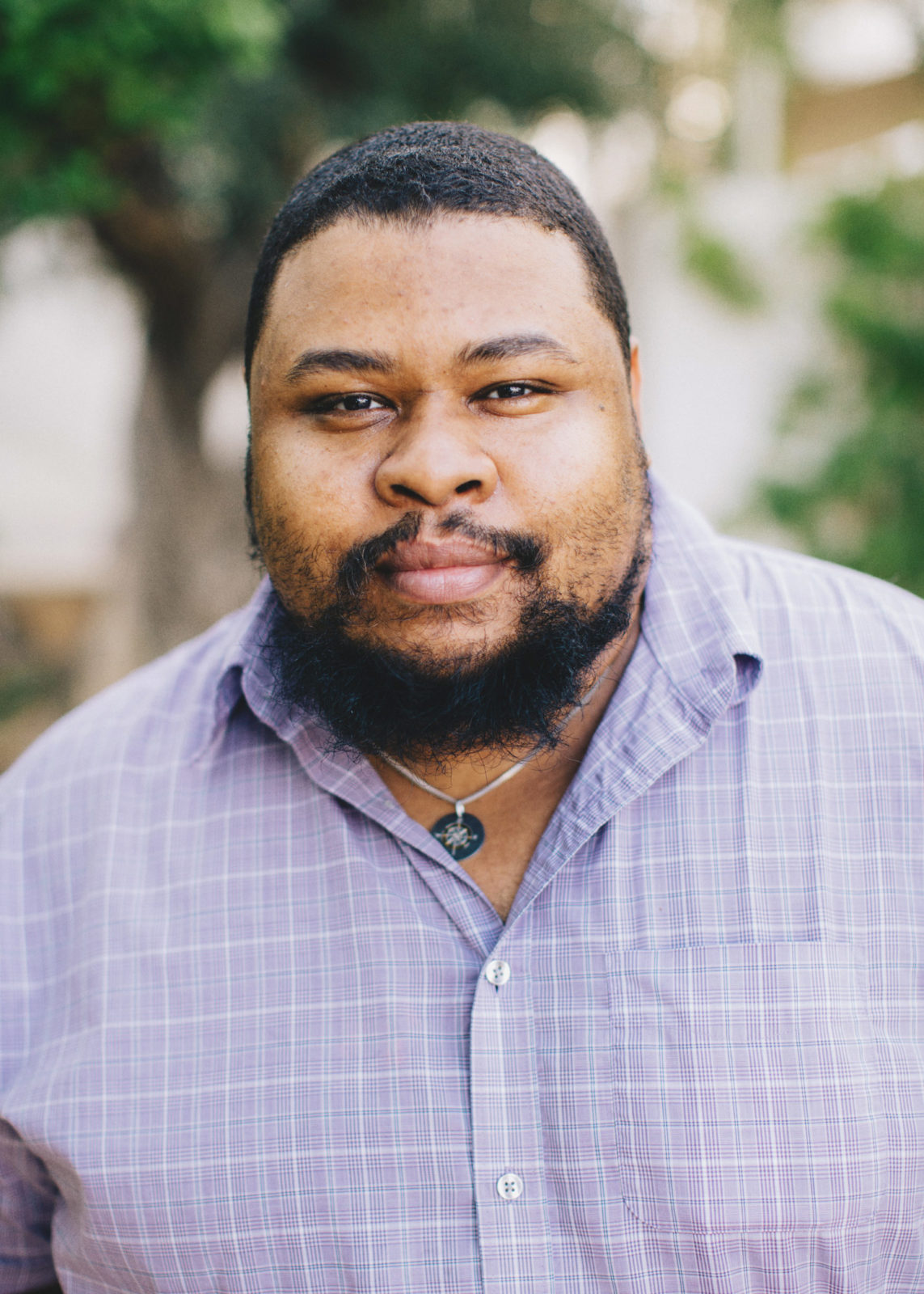
Michael Twitty
Michael Twitty
Michael Twitty is a food writer, independent scholar, culinary historian, and historical interpreter personally charged with preparing, preserving, and promoting African American foodways and its parent traditions in Africa and her Diaspora and its legacy in the food culture of the American South. Michael is a Judaic studies teacher from the Washington D.C. Metropolitan area and his interests include food culture, food history, Jewish cultural issues, African American history and cultural politics. Afroculinaria will highlight and address food’s critical role in the development and definition of African American civilization and the politics of consumption and cultural ownership that surround it.
Featured Book
-
.
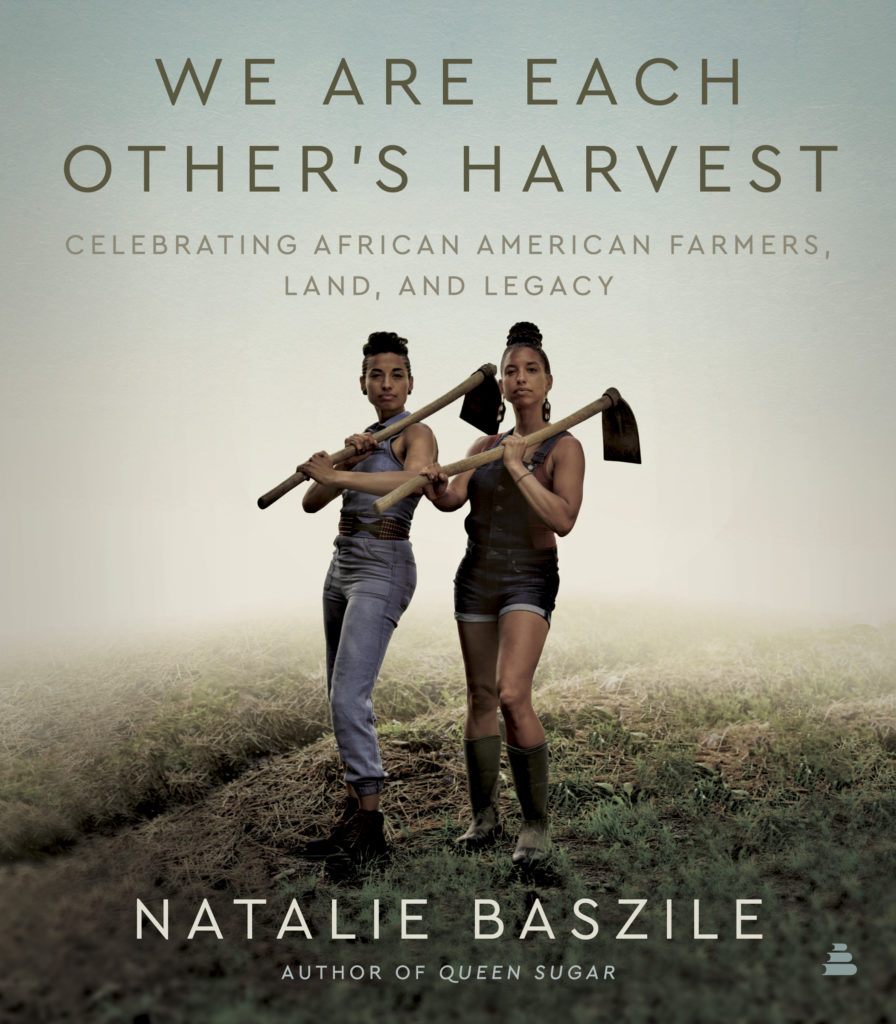
We Are Each Other's Harvest
By Natalie Baszile
Published by Amistad
From the author of Queen Sugar—now a critically acclaimed series on OWN directed by Ava Duvernay—comes a beautiful exploration and celebration of black farming in America.
In this impressive anthology, Natalie Baszile brings together essays, poems, photographs, quotes, conversations, and first-person stories to examine black people’s connection to the American land from Emancipation to today. In the 1920s, there were over one million black farmers; today there are just 45,000. Baszile explores this crisis, through the farmers’ personal experiences. In their own words, middle aged and elderly black farmers explain why they continue to farm despite systemic discrimination and land loss. The “Returning Generation”—young farmers, who are building upon the legacy of their ancestors, talk about the challenges they face as they seek to redress issues of food justice, food sovereignty, and reparations.
These farmers are joined by other influential voices, including noted historians Analena Hope Hassberg and Pete Daniel, and award-winning author Clyde W. Ford, who considers the arrival of Africans to American shores; and James Beard Award-winning writers and Michael Twitty, reflects on black culinary tradition and its African roots. Poetry and inspirational quotes are woven into these diverse narratives, adding richness and texture, as well as stunning four-color photographs from photographers Alison Gootee and Malcom Williams, and Baszile’s personal collection.
As Baszile reveals, black farming informs crucial aspects of American culture—the family, the way our national identity is bound up with the land, the pull of memory, the healing power of food, and race relations. She reminds us that the land, well-earned and fiercely protected, transcends history and signifies a home that can be tended, tilled, and passed to succeeding generations with pride. We Are Each Other’s Harvest elevates the voices and stories of black farmers and people of color, celebrating their perseverance and resilience, while spotlighting the challenges they continue to face. Luminous and eye-opening, this eclectic collection helps people and communities of color today reimagine what it means to be dedicated to the soil.
About this series
On America
Our On America series brings writers, journalists, activists, and change-makers together to reflect on the critical issues of our times. Who are we and who are we becoming? How do the stories we tell shape who we are as a nation? Will we rise to the challenges we face?

